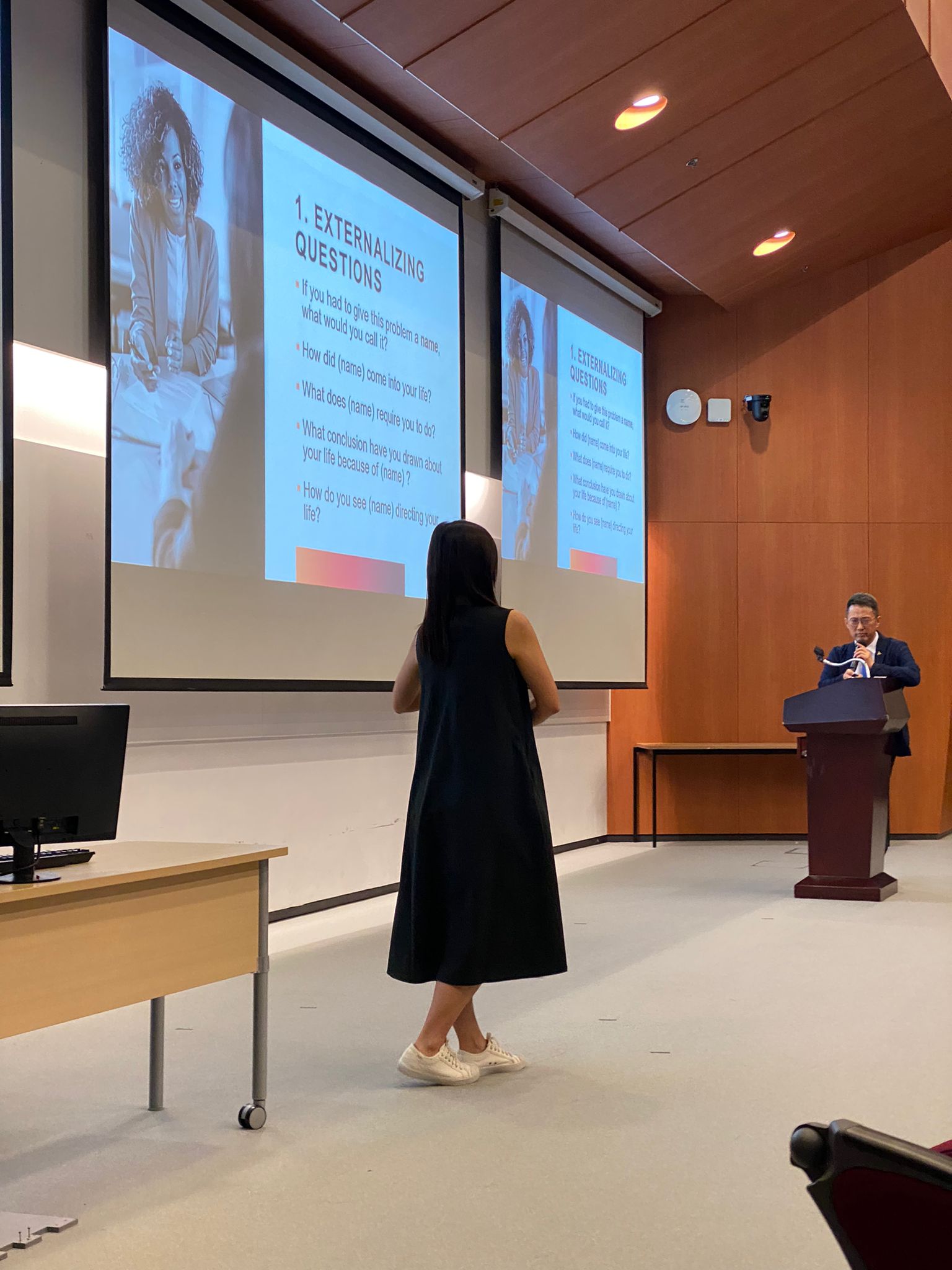

Psycho-Social-Neuro Landscape of Technology on Adolescents: Building personal agency with Narrative perspective
The rapid advancement of technology has brought about unprecedented changes in the lives of young people, presenting both opportunities and challenges. In this keynote presentation, we will explore the dynamic relationship between technology and adolescents, exploring the psycho-social-neuro impact both globally and within the United States. We will examine the psychological, social, and neurological effects of technology on adolescent development, considering factors such as social media, online gaming, and screen time. Narrative practice offers a transformative approach to empower youth in re-authoring their stories of technology experiences. By harnessing the power of storytelling, narrative practice provides a unique framework for adolescents to reflect on their digital experiences, externalize challenges, and re-author their narratives. Drawing on research, case studies, and practical examples, the potential of narrative practice in promoting positive digital well-being and empowering youth to have personal agency in their digital lives will be examined.
Supporting children whose parents have mental illness through online interventions
Children and young people are now more comfortable than ever accessing online information, with the catchphrase "digital natives" dominating in literature on technology and youth development. However, in areas where children and young people experience poor outcomes, discourses around internet and online presence are often construed in terms of risks instead of opportunities. During the COVID-19 pandemic, I co-authored an opinion piece where we explored the potential for online/web-based interventions to promote positive outcomes for children whose parents have mental illness which was a much-needed reflection considering the limited face-to-face interactions at the time. While ordinary lives have resumed, post-pandemic effects may have increased children's familiarity with the internet and use of mobile devices. Consequently, I will present how online interventions can support children to deal with the impact of parental mental illness including the need to make these online spaces child/youth-friendly.
